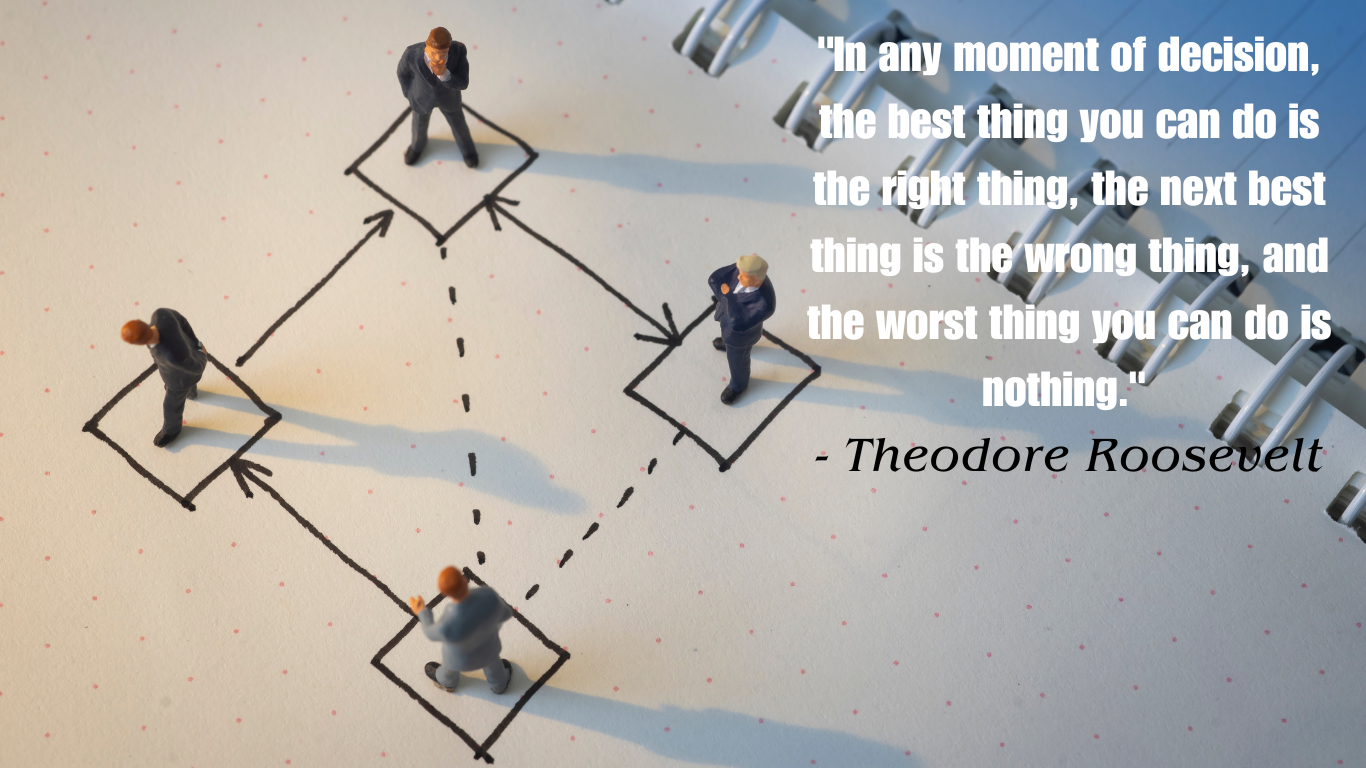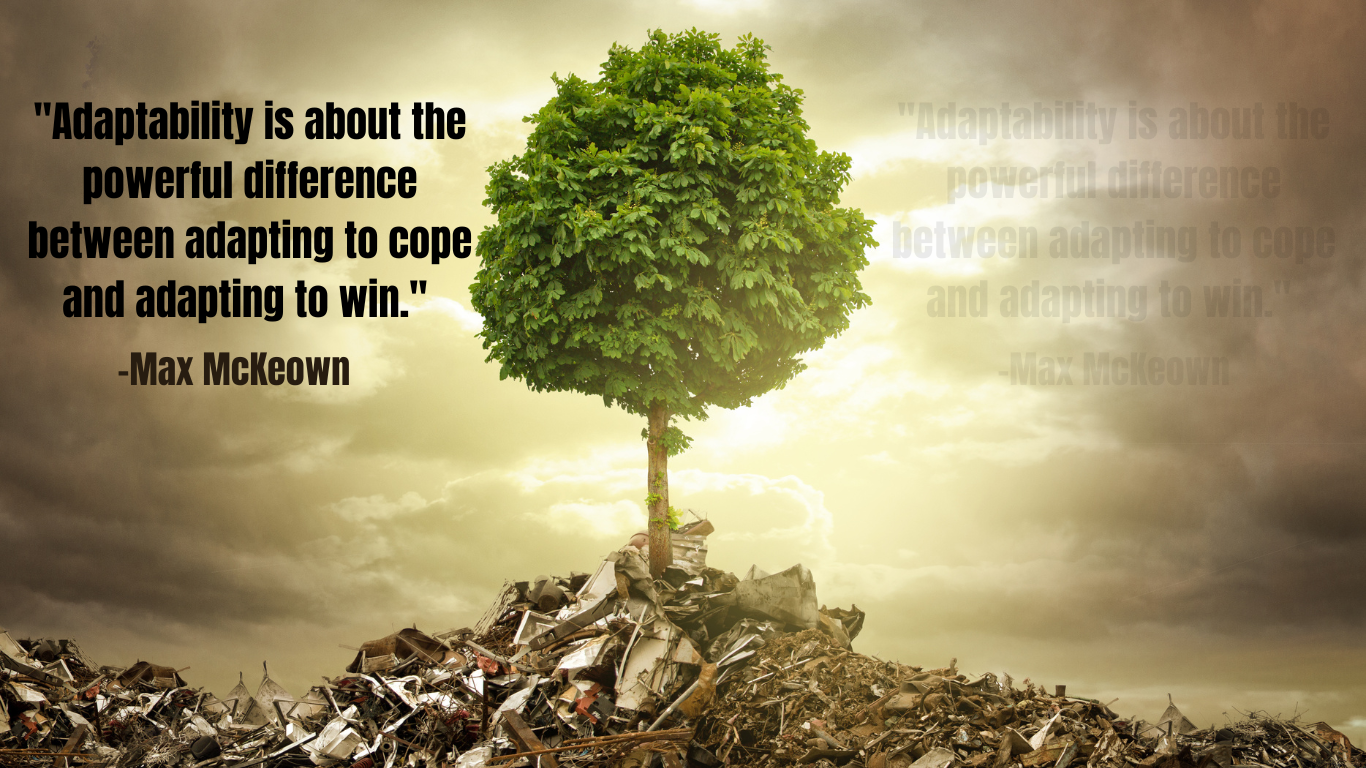In times of crisis, leadership becomes more crucial than ever. The ability to inspire, guide, and reassure others can make the difference between success and failure, between hope and despair. But what does it take to be an effective leader during a crisis? How can you navigate choppy waters and steer your team towards safety? In this article, we’ll explore some key principles of leadership during crisis, with real-life examples and inspiring quotes to help you stay the course.
1. Communicate Clearly and Frequently
In times of crisis, people crave information and guidance. They want to know what’s going on, what’s being done, and what they can do to help. As a leader, it’s your job to provide that information and guidance in a clear and frequent manner. Don’t assume that people know what’s going on or that they don’t want to hear from you. Communicate early, often, and honestly.
One leader who excelled at communication during a crisis was Rudy Giuliani, the mayor of New York City during the 9/11 attacks. In the aftermath of the attacks, Giuliani held daily press briefings to update the public on the rescue efforts, the casualties, and the ongoing investigations. He also appeared on TV and radio shows, giving interviews and answering questions. His clear and frequent communication helped calm the public and inspire confidence in the government’s response.
Quote: “In any moment of decision, the best thing you can do is the right thing, the next best thing is the wrong thing, and the worst thing you can do is nothing.” – Theodore Roosevelt

2. Lead by Example
During a crisis, people look to their leaders for guidance and inspiration. They want to see that their leaders are willing to roll up their sleeves and get to work, that they’re not just giving orders from a safe distance. As a leader, you need to lead by example, showing your team that you’re willing to do whatever it takes to overcome the crisis.
One leader who embodied this principle was Sir Ernest Shackleton, the British explorer who led an expedition to Antarctica in 1914. When their ship was trapped in ice and eventually sank, Shackleton and his crew were forced to survive in the harsh Antarctic conditions for over a year. Throughout the ordeal, Shackleton led by example, sharing the same hardships as his men and never asking them to do anything he wouldn’t do himself. His unwavering determination and leadership inspired his men to endure the impossible and ultimately survive.
Quote: “The true test of leadership is how well you function in a crisis.” – Brian Tracy

3. Stay Calm and Resilient
In times of crisis, emotions can run high. Fear, anxiety, and uncertainty can cloud people’s judgment and lead to rash decisions. As a leader, you need to stay calm and resilient, keeping a level head even in the midst of chaos. Your calmness can be contagious, helping to ease the anxiety of those around you and giving them the confidence they need to keep going.
One leader who embodied this principle was Nelson Mandela, the former president of South Africa who led the country through a period of transition from apartheid to democracy. During his 27-year imprisonment, Mandela developed the mental toughness and resilience that would serve him well during his presidency. Despite the numerous crises that he faced, from political unrest to natural disasters, Mandela remained calm and steadfast, inspiring his countrymen to do the same.
Quote: “Calmness is the cradle of power.” – Josiah Gilbert Holland

4. Be Flexible and Adaptable
In times of crisis, plans can quickly become outdated and irrelevant. New challenges and obstacles may arise, requiring you to be flexible and adaptable. As a leader, you need one leader who excelled at being flexible and adaptable during a crisis was Satya Nadella, the CEO of Microsoft. When Nadella took over as CEO in 2014, Microsoft was struggling to keep up with the changing technology landscape. Nadella knew that the company needed to adapt quickly to remain relevant, so he implemented a culture of innovation and agility. When the COVID-19 pandemic hit, Nadella and his team quickly pivoted to remote work and digital solutions, enabling the company to continue operating seamlessly despite the disruption.
Quote: “Adaptability is about the powerful difference between adapting to cope and adapting to win.” – Max McKeown

5. Empower Your Team
During a crisis, it’s easy to fall into the trap of micromanaging and trying to control everything. However, this can quickly become overwhelming and counterproductive. As a leader, you need to trust your team and empower them to make decisions and take action. Give them the resources and support they need to succeed, and then step back and let them do their job.
One leader who understood the importance of empowering his team during a crisis was Alan Mulally, the former CEO of Ford Motor Company. When Mulally took over as CEO in 2006, Ford was facing significant financial challenges and needed to make some tough decisions. Mulally empowered his team to identify and solve the problems, providing them with the resources and support they needed to turn the company around. His leadership helped Ford emerge from the crisis stronger and more resilient than ever.
Quote: “The best way to predict your future is to create it.” – Abraham Lincoln

